Personality Test
What is Personality Test?
A Personality Test is an assessment of a candidate’s behavioral patterns. It pertains to a human being’s characteristic pattern of traits that he /she exhibits in a given situation.
Personality Test is the tool to measure such characteristics related to feelings, emotions, motivation, approaches, attitudes, preoccupation, relations etc.
What is Personality Test?
A Personality Test is an assessment of a candidate’s behavioral patterns. It pertains to a human being’s characteristic pattern of traits that he /she exhibits in a given situation.
Personality Test is the tool to measure such characteristics related to feelings, emotions, motivation, approaches, attitudes, preoccupation, relations etc.

Why Personality Test is Important?
A company may conduct a personality test at the time of selection or mass hiring to help them to sort out candidates that will eventually act as assets and hold value in their company.
Importance of Personality Test:
- It helps to figure the positive and negative aspects of an individual
- Assess the value that a selected candidate might add to the company
- Evaluate if a person is able to co-operate and communicate within given infrastructure
- Analyze if the candidate is fit and worthy of the job role
- Calculate the level of leadership and team work that the person is capable of.
Top 5 Personality Traits Required for a Job – OCEAN
There are 5 most important traits that a person is scored on while taking a Personality Test. These 5 traits together are termed as OCEAN:
- Openness
- Conscientiousness
- Extraversion
- Agreeable
- Neuroticism
Let’s take a detailed look into each of the personality traits:
Openness
- Open to new experiences
- Curious to face challenges
- Insightful and creative
- Capacity to ‘think outside the box’ and get innovation.
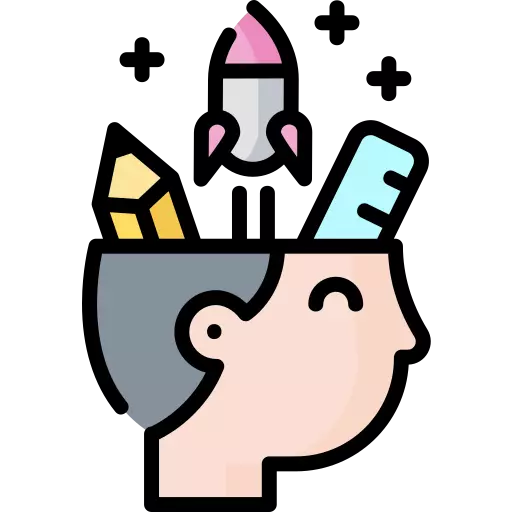
Conscientiousness
- Diligent and cautious
- Good and thoughtful conscience.
- Strives for efficiency and organized
- Can plan ahead and take desired decisions
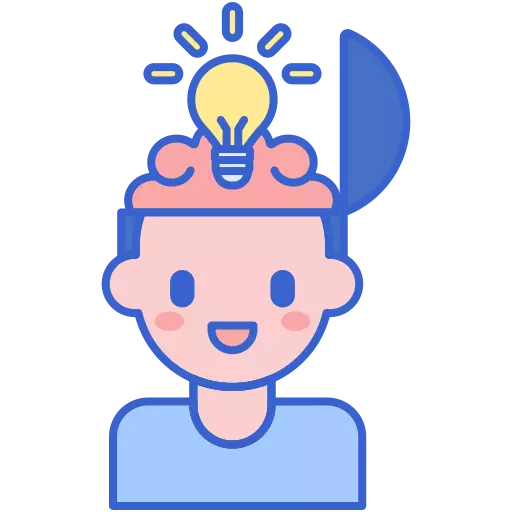
Extraversion
- Resembles the traits of an extrovert
- Sociable, likes to break the ice
- Assertive, outgoing, energized
- Stays recharged and excited

Agreeable
- Empathy and care
- Kindness and affection
- Altruism and cooperative
- Compassion and understanding

Neuroticism
A fundamentally necessary for a person to function normally and be motive-driven.
- Anxiety and sadness,
- Moodiness and worry
- Anger and guilt,
- Irritability, fear and frustration
Neuroticism in a person is necessary because without this a person would be devoid of the emotional stability and lack the capacity to foresee threatening events or difficulties.

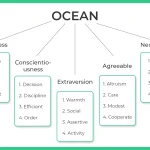
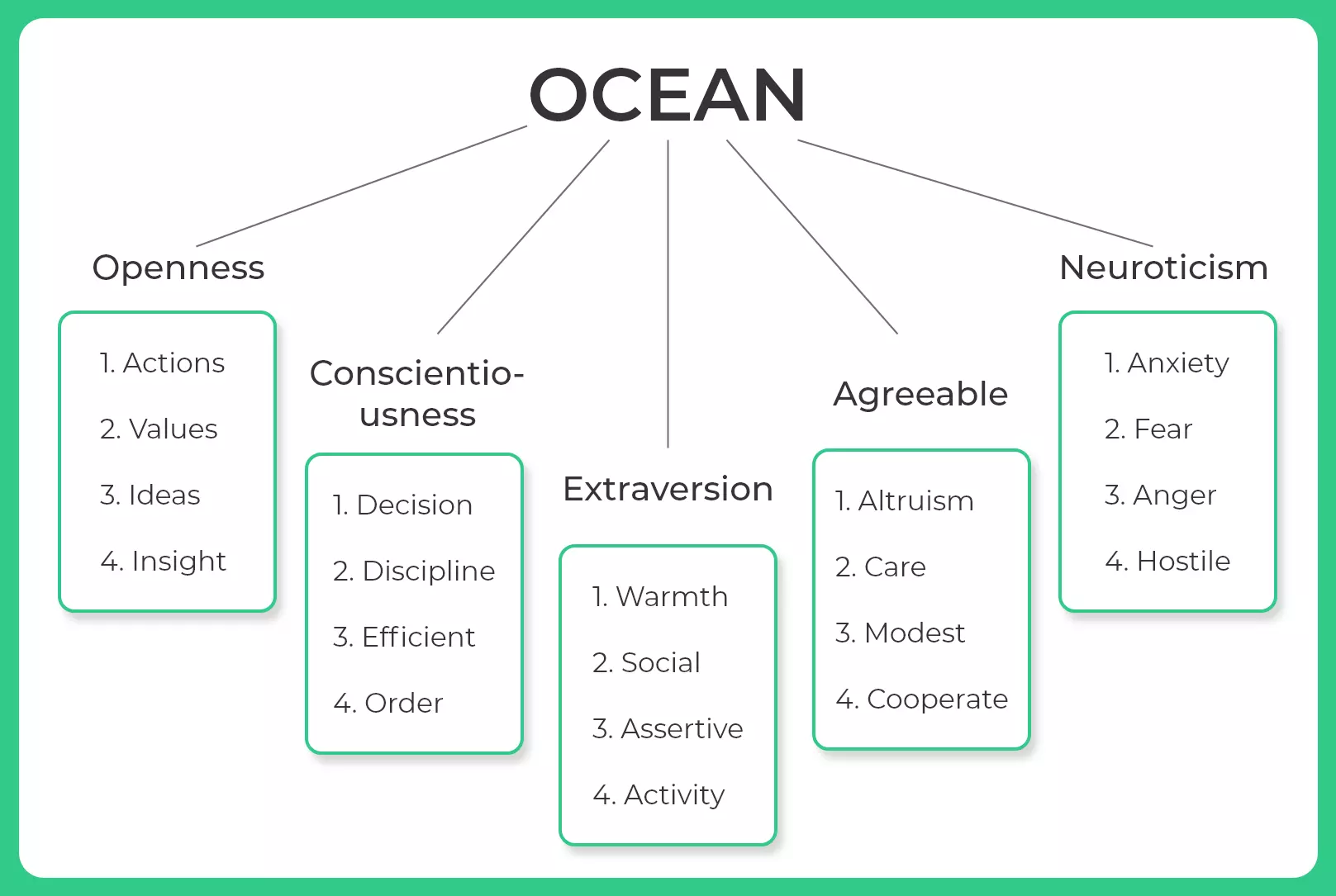
Types of Approach – Personality Test
Trait Based Approach
A Trait Based Approach is the method where a person’s personality is divided into several traits that a person may possess. It can help a recruiter to compare two individuals directly on the basis of the traits required for a particular job role.
A Trait Based Approach is divided into three types of traits:
- Cardinal Traits – represent the overall thought process and principles of an individual for which the person is known.
- For Example: Non-violence was the cardinal trait of Mahatma Gandhi.
- Central Traits – form the foundation or basis of an overall personality of an individual.
- For Example: Honesty, leadership, bravery, determined could be the central traits of Mahatma Gandhi.
- Secondary Traits – only surface when needed or in required circumstances.
- For example – getting diplomatic to discuss issues in a political party.
It would mean that if one person had 20% honesty and the other would gave 18%, then you would choose the one with higher percentile of honesty. So there is a direct comparison between individuals.
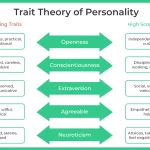

Type Based Approach
A Type Based Approach is the method where a person’s behavior is dedicated to a particular type of personality which is a collection of traits or characteristics. It cannot help a recruiter to compare two individuals directly on the basis of the traits because every personality type is different on an overall basis.
Let’s take an example of CG Jung’s Classification of Personality types:
- Extroverts – friendly, outgoing, social, talkative, courageous, outspoken, etc.
- Introverts – shy, sensible, self oriented, have aversion to social gatherings, etc.
- Ambiverts – combined traits of both extrovert and introvert and resort to these traits in required circumstances.
We might have a person who is introvert and a person who is ambivert. So, comparing he two individuals would be difficult since there overall personality is different. They might have some common traits but not all. Hence, no direct comparison is possible.
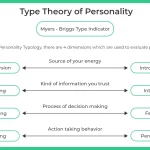

Types of Personality Tests
Types of Personality Tests
Open End
Open End Questions are direct questions that reflect a personality, maybe positive or negative. These questions require a straight forward answer with the 5 given options:
- Strongly Agree
- Agree
- Neutral
- Disagree
- Strongly Disagree
Statement Based
Statement Based questions are situational questions which requires a candidate to select responses given in the options in according with the situation signaled in the questions.
You can either choose your answer based on rate or approval or a particular response as directed in the question.
Learn How to Answer
Personality Test Questions
Learn from our Psychometric Course on Prime. Get access to Practice Questions, Theory and much more.


